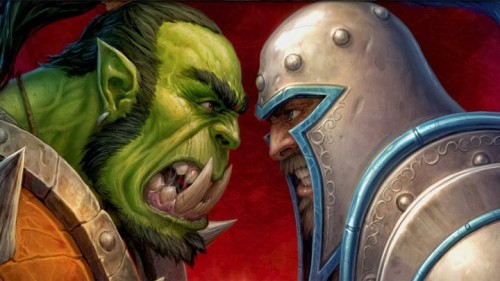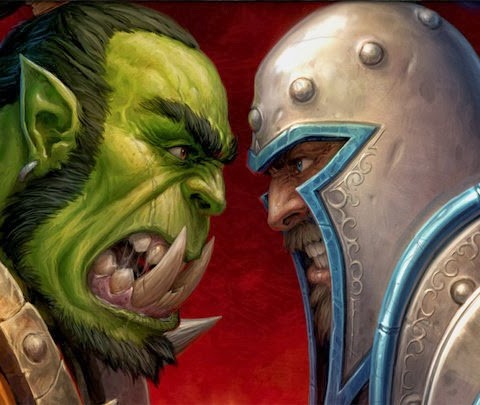

Competitive vs. cooperative
Any time you read a description of the game, among the first descriptors to be applied – before theme, before number of players, before play time – is whether the game is a co-op or involves competition. Rightly so, as arguably it is this attribute that has the most impact on the player experience. Lets compare, then, what each format brings to the table before judging their merit:
Co-op Pros
- Has players working together, creating a sense of a common goal
- Players win or lose as a team, creating a joint investment of effort
- Teamwork and cooperation is encouraged, potentially teaching valuable lessons to younger players.
- Avoids any potential of players’ feeling being hurt.
- Have an option for solo play.
Co-op Cons
- Replayability is limited to the randomness of in-game elements game/ options built into the design. Once you beat the game on highest difficulty – there is nothing left to achieve.
- “Bossy veteran syndrome” or “Quarterbacking” where an experienced player can start telling others what they should do. This is basically a dark side of the “solo play” advantage. It becomes too easy for players to become disengaged and get into a “just tell me what to do” apathy.
Now let’s turn to Exhibit B and look at what Competitive games offer:
Competitive Pros:
- Each player carries the responsibilities of their own decisions and their outcomes.
- The amount of strategies and tactics, while still dependent on the range of options that the game provides, is flexible – advanced strategies like bluffing are available.
- Increased meaningful player interaction (this depends on the type of competitive games)
- Sense of competition, testing out the merit of your strategies against those of others.
- Potentially teaching younger players valuable lessons about being humble in victory and graceful in defeat.
Competitive Cons:
- There are winners and losers.
- Conflict-based player interaction can lead to negative experiences. This can be a huge con, significantly detracting from enjoyment of the game.
- In games with player elimination players can be out of action for some amount of time. Other times a player can be so far behind that defeat is a foregone conclusion, acting as a de facto player elimination mechanism.
Looking at these lists the key issue that is coming up to me is conflict and the ability to handle it. It’s great when a victory is achieved jointly but does it not feel hollow if all you have bested are some pieces of cardboard? For some competitive games like dota 2, people are often drawn towards the likes of a dota 2 boost service to improve their rankings, not because they’re bad at the game but because of a sense that they need to be more competitive. Does it feel more real and fulfilling if it’s your friend you have trounced? Despite her devious plans that you had a perfect counter for? The real issue then becomes – how does the person whose plans get foiled feel? Do they skulk in defeat thinking “aw man, Steve is so much better at this game”? My advice always is to put yourself in a movie villain mode. Yes, you got defeated, but it made for a hell of a story. Revel in the experience you had, not the outcome. Swear revenge! Tell the meddling kids you would’ve gotten away with it if it wouldn’t be for them! Conflict has an amazing potential to breed excitement and it is extremely important to use it constructively. In my experience as a Dungeon Master running roleplaying games – I learned that your defeat is not really a defeat at all. The fun you have together is the real prize and that can be shared by all. After all think of movies or books. How often does the villain steal the show, even if the hero wins the day? And how many great stories don’t feature conflict. If it is a conflict with something devoid of personality and purpose – not much drama there. Or think if something like chess would last as long as it did if it would be a coop. What about Starcraft as a campaign-only game with no multiplayer? Not sure what other analogies I can pull in here – competitive cooking shows? Great games serve as instruments to allow for meaningful and engaging interaction for human ideas and plans. In my mind, competitive games serve this purpose significantly better and are a superior format. That’s not to say that coops aren’t awesome, mind you. Teamwork is great and there are many coops that captured my imagination and led to great experiences. It’s just that the maximum potential “payoff” is higher for competitive ones. The co-op/competitive issue is not black and white as there are many variants and mixed formats. A future entry will explore these sub-genres in more depth. Meanwhile – man/woman up and accept that someone might steal all your sheep or get control of that building you were working so hard on building. Embrace competition. It will be worth it.

Comments are Disabled